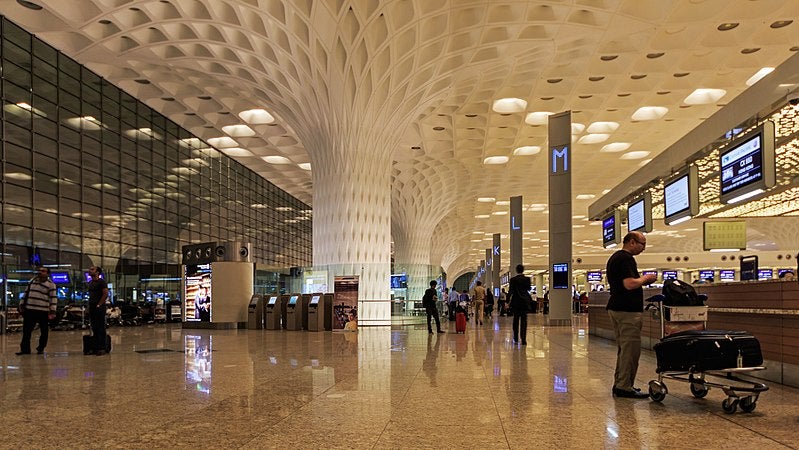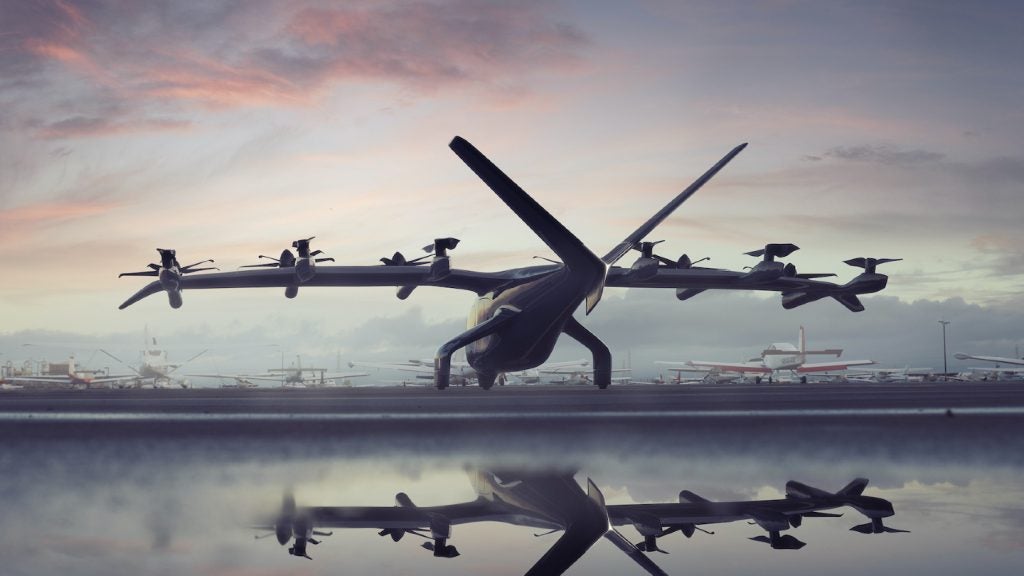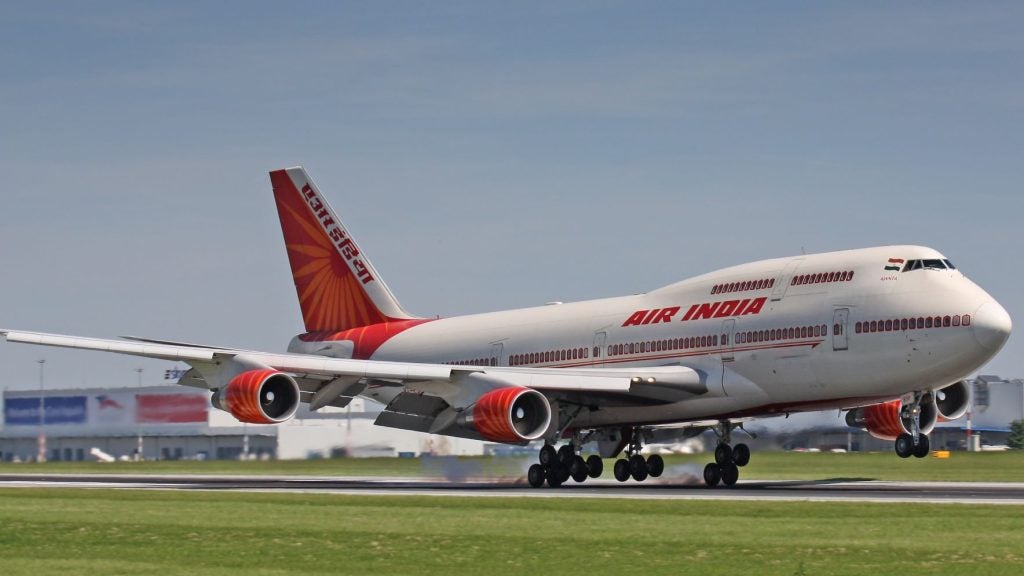
Mumbai International Airport (MIAL) has called for expression of interest (EoI) from original equipment makers for the supply of body scanners to be installed at Chhatrapati Shivaji Maharaj International Airport (CSMIA) in India.
Initially, one device will be used to carry out a trial run.
Manufacturers have time for a period of seven days to submit their EOI.
The latest move comes after the civil aviation ministry recently directed all hypersensitive airports operators to install the body scanners by March next year.
The new scanners are expected to replace the existing door frame metal detectors and hand-held scanners that are in use at Chhatrapati Shivaji Airport.
Central Industrial Security Force (CISF), which handles security at all major airports, will operate the new wave-technology-based scanners.
How well do you really know your competitors?
Access the most comprehensive Company Profiles on the market, powered by GlobalData. Save hours of research. Gain competitive edge.

Thank you!
Your download email will arrive shortly
Not ready to buy yet? Download a free sample
We are confident about the unique quality of our Company Profiles. However, we want you to make the most beneficial decision for your business, so we offer a free sample that you can download by submitting the below form
By GlobalDataEach scanner is anticipated to scan 300 passengers at Chhatrapati Shivaji Airport every hour. It can detect objects being carried by a traveller without the need for physical contact such as frisking.
The scanner, which does not outline the body contours, only generates a generic image and is capable of addressing the privacy concern.
A CISF official told media sources: “Use of body scanners will save time. The passengers will have to simply walk through the scanner after removing thick clothing, belts, jackets, shoes, which will be scanned by the present X-ray machines.”
In March this year, the Bureau of Civil Aviation Security (BCAS) issued a detailed circular for strengthening the security measures at the airports.
The measures are aimed at restricting the movement of unauthorised arms, contraband goods, cash / bullion, and other prohibited items.





